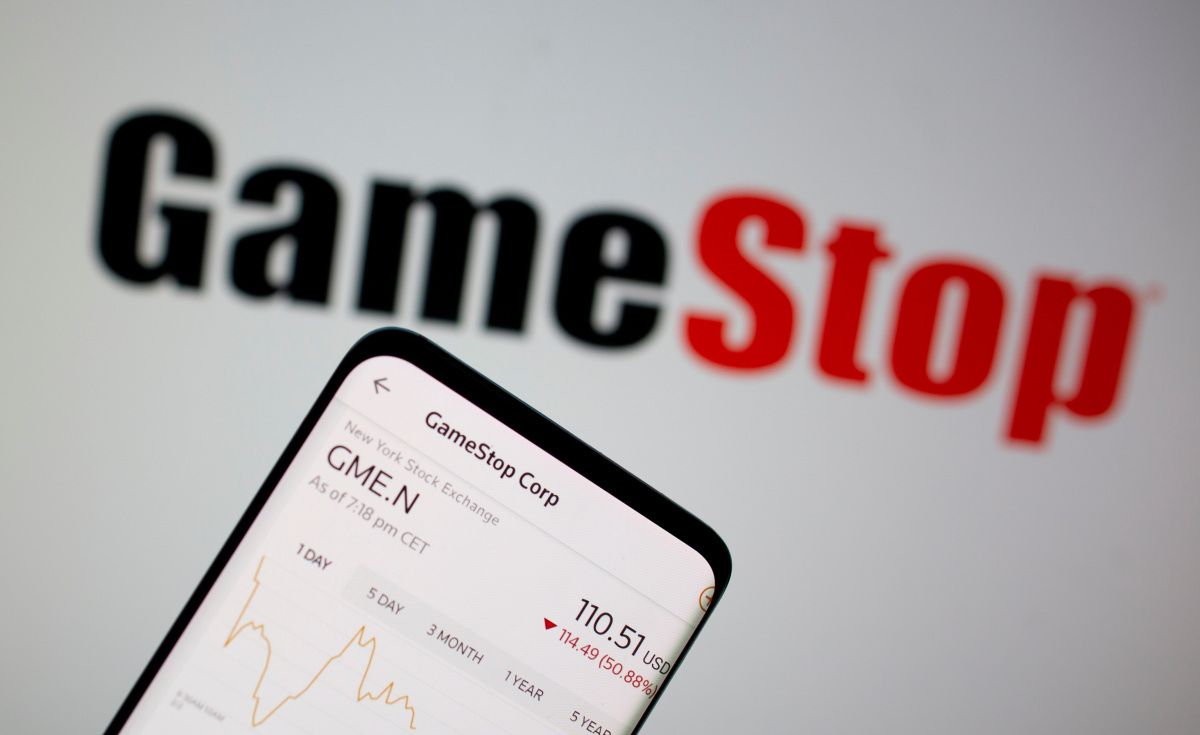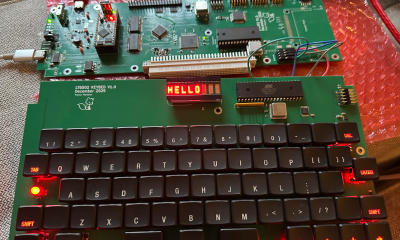National Gas, Centrica, Equinor and SSE Thermal have joined forces to bid for £500m government funding to develop the UK’s first integrated hydrogen network in the region
Four energy giants have united in a bid to create the UK’s first crucial hydrogen network in the Humber region.
National Gas, Centrica, Equinor and SSE Thermal say thousands of jobs could be created by Humber Hydrogen.
Together, the major employers argue that nowhere else in Britain can rival the infrastructure, expertise and location required to establish the network. They maintain that by supporting the regional proposal the Government will be able to advance its broader industrial decarbonisation strategy, enhance competitiveness, and generate substantial numbers of jobs.
The consortium is submitting proposals under the Government’s Hydrogen Transport and Storage Business Model processes – a competitive process that will determine where Britain’s first integrated hydrogen network is constructed. The funding decision is scheduled to be made this year, and is anticipated to be worth approximately £500m.
The funds will establish the infrastructure that will underpin large-scale hydrogen deployment across the UK.
The companies are pooling their expertise in hydrogen transport, production, usage and storage to support plans for developing a first-of-its-kind coordinated hydrogen network in Britain, connecting projects across Yorkshire and Lincolnshire including locations such as Aldbrough, Easington, Saltend, Immingham and Keadby, to link hydrogen production with industrial customers and power stations.
Richard Gwilliam, chair of the Humber Energy Board, said: “Backing plans to deliver hydrogen infrastructure in the Humber in 2026 would be a game-changing decision from Government which would support the transformation of the region’s economy and enhance our critical role in providing energy security for the UK. This proposal, an essential part of long-held plans to create a low-carbon industrial cluster, is backed by experienced energy and infrastructure companies that are prepared to invest billions in the region, creating jobs and economic growth for decades to come.”
“Now is the time for the Government to unlock the region’s potential and re-energise the Humber.”
Multiple large-scale hydrogen schemes are planned for the Humber, including the H2H Easington and H2H Saltend hydrogen production facilities, alongside Aldbrough Hydrogen Storage. Combined, Easington and Saltend could generate up to 3GW of hydrogen, reports Hull Live.
The proposed infrastructure would also be ideally positioned to link with a national hydrogen transmission system being developed by National Gas, distributing hydrogen throughout the UK to industrial hubs.
Ian Radley, chief commercial officer at National Gas said: “We believe the Humber is the obvious choice to be the home of Britain’s first hydrogen network. Nowhere else in Britain can match what it offers in industrial demand, infrastructure, supply chains, geological storage and skilled people who can unlock Britain’s clean power potential.
“Together with our partners we’re bringing our expertise in transporting, manufacturing and storing hydrogen to keep the industrial heart of North East England beating.”
Kelly de Azevedo Dent, development director at SSE Thermal, commented: “The Humber is integral to the UK’s clean power and economic growth missions and becoming the country’s first Hydrogen network will help to unlock its potential. The region is home to a wide range of projects across the hydrogen value chain, with these projects crucial to delivering skills and jobs opportunities in the area – that is why we’ve come together as Humber Hydrogen to drive progress forward.”
Ian Livingston, head of UK Hydrogen and Ammonia at Equinor, added: “We’re proud to be part of the efforts to bring hydrogen infrastructure to the Humber and kick-start a new low-carbon economy in the UK’s most carbon intensive region. The geology, concentration of industry and existing skills base make this the natural home for the UK’s first hydrogen transport and storage network.”
Martin Scargill, managing director of Centrica Energy Storage + at Centrica stated: “Humber Hydrogen is a major opportunity for the UK to accelerate low carbon economic growth and strengthen its leadership in hydrogen. By backing the Humber, the Government can drive industrial decarbonisation, boost competitiveness, and create thousands of skilled jobs across a region that sits at the heart of the UK’s energy system. Centrica has long invested in the people and infrastructure that make the Humber strategically vital to the UK economy and we’re proud to work with our Humber Hydrogen partners to help deliver a cleaner, more resilient energy future.”
The initiative is supported by local politicians. Graham Stuart, MP for Beverley and Holderness, commented: “If the country is to take advantage of key technologies, reduce emissions, create jobs and cut bills, we need action. That’s why we need the Government to support hydrogen infrastructure in our area and bring investment back to the Humber.”
Melanie Onn, MP for Great Grimsby and Cleethorpes, said: “The Humber is the ideal place to locate the UK’s first hydrogen network, given its geology, geography and the wide range of key industries on both banks of the Humber Estuary that can benefit from its use. Hydrogen will play a key role in the energy transition, helping major employers in this region to reduce emissions whilst retaining jobs and stimulating economic growth. We want to see the hydrogen economy kick-started here in the Humber.”




































































